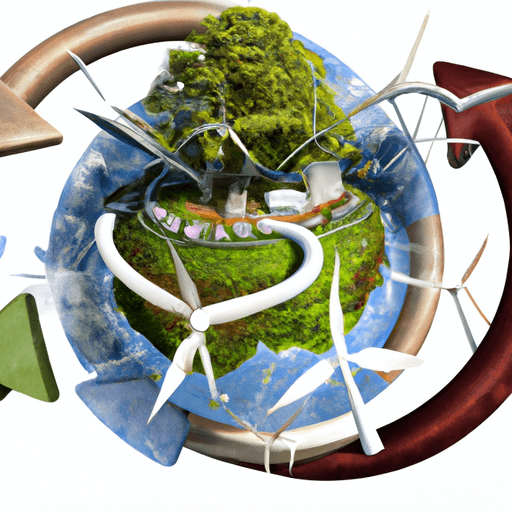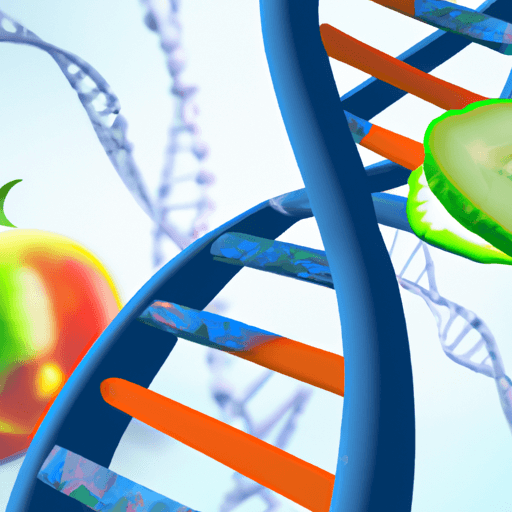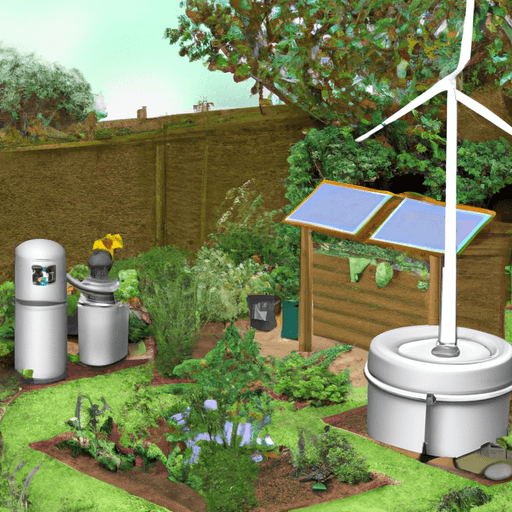How Climate Change Impacts Human Health
Climate change has had a profound effect on human health, with rising temperatures, drought, floods, and other changes in the climate leading to an increase in infectious diseases, heat-related illnesses, and other health problems.
Rising temperatures and extreme weather events have led to an increase in the transmission of vector-borne diseases, such as malaria, dengue, and Lyme disease. These diseases are spread by mosquitoes, ticks, and other insects that thrive in warmer climates. Additionally, drought and floods can cause water contamination, leading to an increase in waterborne diseases such as cholera and typhoid.
Heat-related illnesses are also on the rise, with extreme heat waves leading to dehydration, heat exhaustion, and heat stroke. As temperatures increase, vulnerable populations such as the elderly, as well as people who work outside, are at a higher risk for heat-related illnesses. Additionally, extreme weather events can lead to mental health issues, such as anxiety and depression, due to the disruption of normal routines and the fear of future events.
Climate change has a disproportionate impact on certain populations, such as those living in low-income communities or areas that are already prone to extreme weather. These communities are more likely to be impacted by flooding, drought, and extreme temperatures, and often lack the resources to properly prepare for and respond to these events. Additionally, these communities are often more vulnerable to infectious diseases, as they often lack access to healthcare, clean water, and proper sanitation.
In order to combat the health impacts of climate change, communities must focus on reducing emissions and adapting to the changing climate. This includes reducing energy consumption, switching to renewable energy sources, and protecting vulnerable populations. Additionally, communities must be prepared for extreme weather events, and have access to adequate healthcare and sanitation.
Climate change is having a profound effect on human health, and it is essential that communities take action to reduce emissions and adapt to the changing climate. With the right solutions in place, communities can reduce the health impacts of climate change and protect vulnerable populations.



















Comments
Leave a Comment